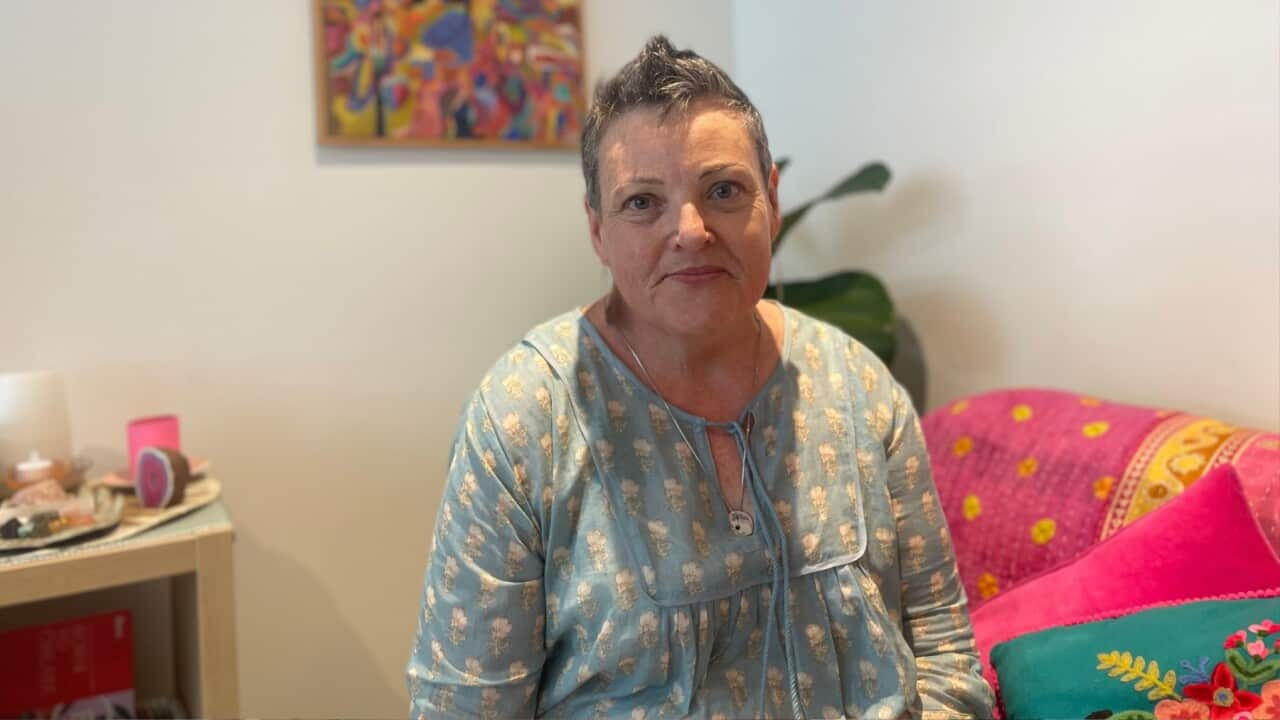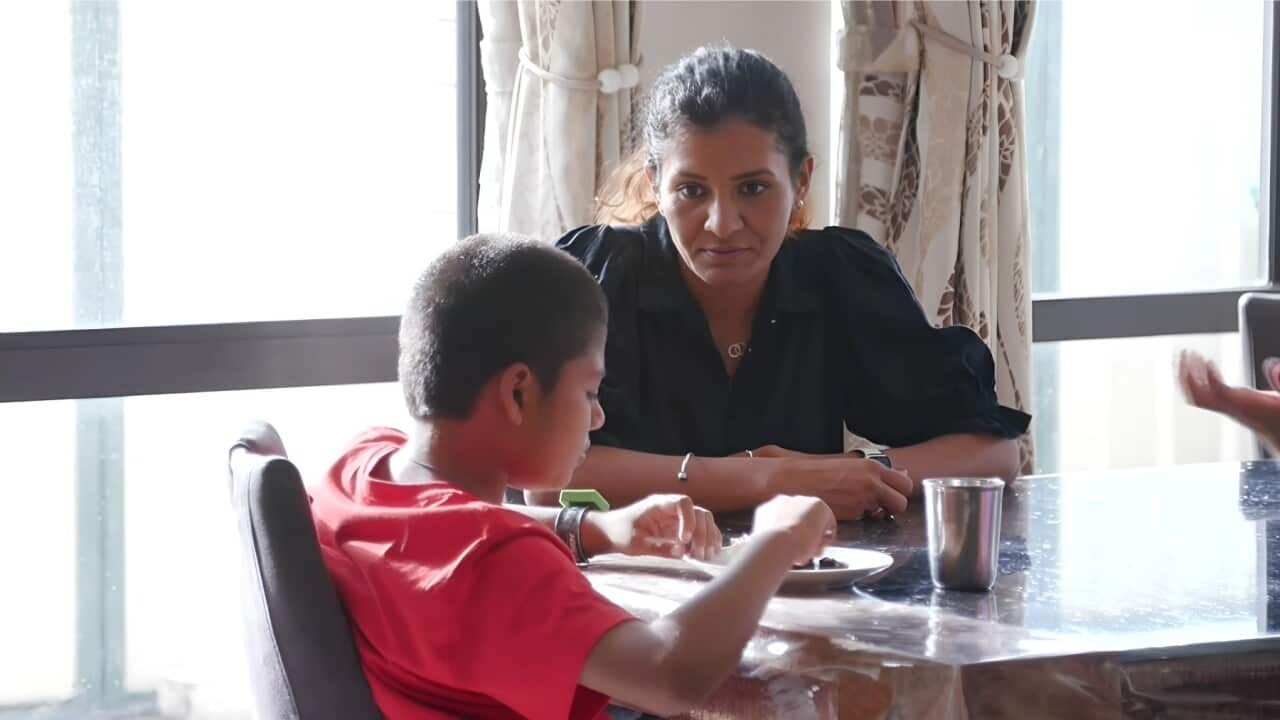TRANSCRIPT
Parents of newborns and infants are being warned to watch out as many baby foods in the Australian market do not fulfil the World Health Organisation standard.
New research by the George Institute for Global Health has revealed an alarming number of unregulated claims in baby food products across the country that mislead parents into believing these often sugar-loaded products are healthy.
It found 78 per cent failed to meet the WHO nutrition standards, and all products failed to meet the WHO standards for marketing and promotion, mainly due to the high use of claims.
Dr Daisy Coyle, dietitian and Research Fellow at The George Institute, describes the situation as disappointing.
“At the moment, it really is the wild west out there. There are so many issues that were raised from this research. One of the biggest issues that we found was, in regards to the sugar content of these products. More than half failed to meet the World Health Organization standards for sugar content, appropriate for these foods. So that's something that we really need to fix. There's also lots of issues around use of product names actually reflecting the ingredients, and around the type and the number of claims that are allowed on packs.”
The research is based on data from 309 infant and toddler food products, assessed against the WHO Regional Office for Europe’s Nutrient and Promotion Profile Model, published in 2022 and considered a 'gold standard' benchmark.
George Institute researchers found that only 22 per cent passed all WHO nutrient composition standards, with the majority failing on sugar and calorie content, and none met the ‘no prohibited claims’ requirement of claims like ‘free from colours and flavours’, ‘organic’ and ‘no added sugar’.
Squeeze pouches - the most popular infant and toddler food market in Australia - featured the highest use of prohibited claims, while only half met the WHO's total sugar requirements.
Dr Elizabeth Dunford is the lead author of the research.
"We found that most baby foods in Australia contain the high level of claims. We found, on average, about six or seven claims on every product, with some products having up to 21 claims on a single package. So really leading to some misleading and deceptive tactics and really confusing parents that are out there trying to buy foods. And I’ll say, for example, I am a mother of two young children, and even I, as an expert in this area, find a find it very difficult to navigate this area, considering the number of claims that these products have on packs."
Dr Dunford says the use of false health and nutrition content claims and wellness messaging on these foods can influence what parents buy for their infants and toddlers in the critical early years.
She says a lot of time-pressed parents rely on these products as a good source of nutrition which could determine the health trajectory of their children.
"So we know based on research that children's taste preferences start as young as two years of age, and so children innately have a taste preference for sweet or salty food. And so you can imagine that some of these products, especially the ones with a lot of added sugar or added salt, really can shape a child's dietary habits and make them really want that salty and sugary foods later in life. And so, hopefully, by putting research out like this, we can encourage the government to put some regulations in this space, so that children are less exposed to these types of products."
Executive Manager of Food for Health Alliance Jane Martin says the findings are worrying.
"It can be hard for parents to know whether foods are healthy or not. So making these changes recommended by the WHO of removing the claims on the packaging, having accurate labeling, reducing the amount of sugars and sodium in these foods, would really help parents to purchase healthier products for their babies and toddlers."
Dr Coyle says a more comprehensive approach to addressing key drivers of chronic disease from infancy is crucial as the long-term health of future generations depends on it.
"The good news is that the government is looking to do something about this. The food ministers have just opened a consultation to the public to get perspectives on what should be the next steps for this sector. And what we're pushing for as a public health group and with other public health advocates is that we need to see mandatory regulation for these products, so that hopefully all products sold and marketed are actually healthy and appropriate for this age group, which is not what we're seeing right now."
The researchers of the paper say given sugar's links to obesity and related ailments including diabetes, heart disease and cancers, policy-makers should set limits on how much could be included in such products.
They say other regulatory alternatives include limiting the number of claims that can be made on each product.
The paper follows a meeting of Australian and New Zealand's food ministers in July, which launched a public consultation to improve commercial foods for newborns and children following a surge in chronic obesity-related diseases.
The federal government says its goal is to improve the composition, labelling and texture of commercial foods for infants and young children to better align their diets with Australian and New Zealand infant and toddler feeding guidelines and to meet the expectations of parents, guardians, and carers.













